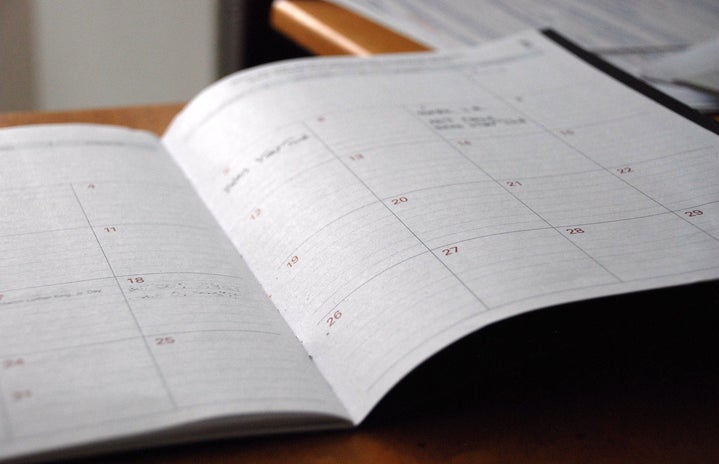From the youngest children to college students, we are all having difficulties with this new, and hopefully brief, reality. But what about the children that are going through their literacy development right now? We spoke to three women: teachers and educators that are dealing with this problem right now and have something to say about it.
One of the main problems that we heard was the necessity of a guardian mediation. “There is no way, for the students, to follow the class without a guardian nearby, because they need guidance, especially in the literacy process, in which activities require reading, an activity for which they do not have the necessary autonomy” said Roberta, 39, a basic education teacher in a public school. She also said “children are dependent on the parents’ cell phones and they do the online activities only when they arrive from work […] sometimes it’s midnight and there’s a child sending messages with questions, so teachers are working full time to be able to help everyone”.
Roberta agreed that the child’s mental health plays a big role in the learning process during the pandemic. “The child’s emotions, caused by the lack of social life and by the pandemic in general, impair this process, since many of them had family members hospitalized with the disease, or even lost someone. It is almost impossible for students to not have the psychological impact of that. Despite all of this, Roberta maintained her opinion: she does not agree with the return of presential classes. “I don’t think it’s a good time to go back to school, I say as a mother, teacher and citizen. We have to preserve life”.
Valéria Rodrigues Faria, 53, pedagogical coordinator of basic education at another public school explains how the classes are happening and the issues they are having in this period of social isolation. “Classes are remote, recorded and posted on a platform called Google Classroom. As children are around four and five years old, the parents are the ones who enter the classes. This monitoring is essential and, even so, the access to classes is about 15%, as many students have no computer at home”.
She also agrees that socialization is very important when it comes to the literacy development process. “Children’s socialization, which is fundamental to the literacy process, was badly affected by the pandemic. Psychomotricity precedes literacy, and it was delayed. The children’s emotions also hinder this moment, because they are afraid, anguished, parents are often experiencing difficulties, they are unemployed. Their performance is being affected and, when classes return to normal, we will have to work on this emotional part and only then try to minimize the loss of content”. She told us the difference presential classes make in the learning process. “The school is a second home, with proposals, objectives and direction. Whoever has a more structured family has not been so harmed by isolation, as there is contact with the person in charge, but whoever has not, is in a complicated situation. The teachers had a lot of difficulty with the distance classes in the beginning, because the advanced age of some of them, although not determinant in this respect, brought complications with the use of technology.”

Alessandra Broderhausen Molina, 50, coordinator and kindergarten teacher at a private school, also answered our questions about literacy development during the pandemic. “This [presential] process was carried out directly with the children. In the classroom, the return to learning is immediate. This does not happen now with classes in the pandemic. My mediators are now the parents and I depend on them. Children of 5 and 6 years old, who are in this phase of literacy, need someone to pass on everything that is being transmitted to them. I depend on the parents to help the students. They need to understand what I am teaching and pass it on to their children”. When asked if the process should be interrupted and then resumed after the return of presential classes, she answered: “No. Because otherwise, the child will be without contact with education for a long time. This would result in a much longer delay. It is better to maintain, even though it is very complicated. The resumption will be complicated. Everyone will have to plan hard for next year”.
Credits for Bárbara Vetos, Manuela Montez, Maria Fernanda Maciel and Marina Galiotte for the interviews.
———————————————————–
The article above was edited by Helena Leite.
Liked this type of content? Check Her Campus Casper Libero home page for more!




